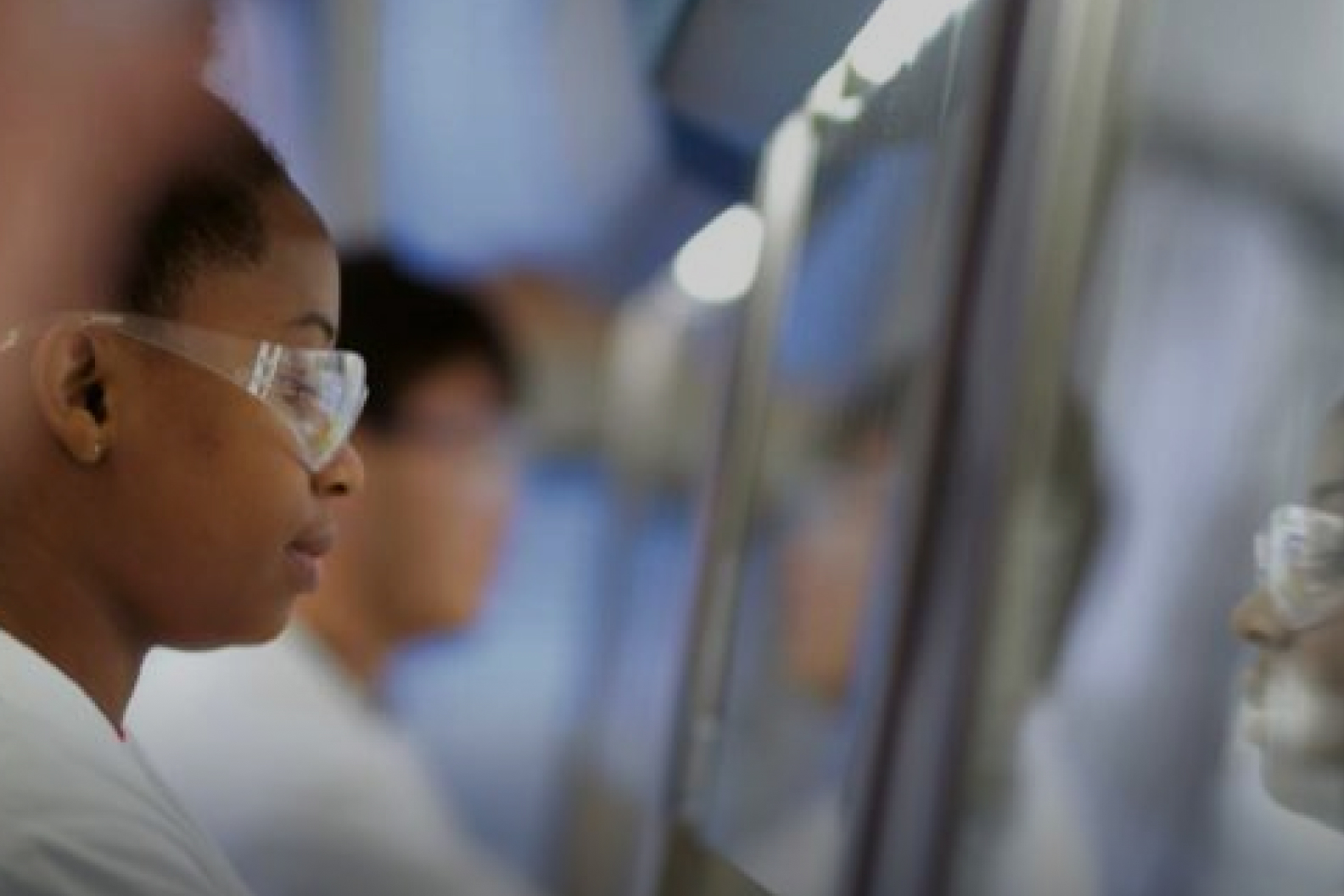The Cambridge Biomedical Campus (CBC), home to world leading hospitals, research and industry, has been named as one of the Government’s six new Life Sciences Opportunity Zones.
The announcement by the Minister for Business and Industry Nadhim Zahawi MP, confirms the site, which employs over 20,000 people, as one of the leading areas for life sciences in the country, delivering jobs, economic growth and improved health and care for the UK.
Life Sciences Opportunity Zones will form a key part of the Government’s strategy to support the growth of this sector throughout the UK and CBC is joined by: Stevenage Advanced Therapies Campus, Birmingham Life Sciences Park, Harwell Science and Innovation Campus, Porton Science Park and Discovery Park, Sandwich.
Life Sciences Minister Nadhim Zahawi said: “I am delighted to announce new Life Science Opportunity Zones which will boost this important thriving sector. The UK is home to one of the strongest, most vibrant health and life science industries globally, improving people’s lives.”
Laurel Powers-Freeling, Chair of Cambridge University Health Partners, said: “It is fantastic for the Cambridge Biomedical Campus to be selected as one of the UK’s Life Sciences Opportunity Zones. In recent years, the site has grown into one of the richest pools of clinical and scientific knowledge and expertise in the world, with Cancer Research UK and the MRC Laboratory of Molecular Biology next door to industry giants such as GSK and AstraZeneca, underpinned by the extraordinary strengths of the University of Cambridge and three highly respected research-active NHS Trusts. All these organisations and many more are working to translate new discoveries into health benefits, providing the best care and treatment for patients.
“The future for the campus is incredibly exciting as we have space to grow – last year we welcomed Abcam and Royal Papworth Hospital NHS Foundation Trust and saw the opening of the Jeffrey Cheah Biomedical Centre. The site is built on collaboration as researchers, clinicians and businesses work together across disciplines to realise new treatments, devices and therapeutics. We are now seeing the potential of co-locating world class companies, research institutes and healthcare providers coming to fruition, resulting in a hugely positive impact for future health and care – both across the UK and internationally.”
Mayor of Cambridgeshire and Peterborough and leader of the Combined Authority of Cambridgeshire and Peterborough James Palmer said: “I am really pleased that the Cambridge Biomedical Campus has been named as one of the UK’s Life Sciences Opportunity Zones; this is a fantastic recognition of the huge potential for medical research and innovation that the Biomedical Campus represents. The campus encourages collaboration and radical thinking, enabling world-leading hospitals, industry partners and research bodies to work together to develop ground-breaking therapies; as an organisation committed to innovative action, the Cambridgeshire & Peterborough Combined Authority fully supports this approach and celebrates its positive results. The Biomedical Campus is a hugely important employment centre for Cambridge and the region, and we are determined to futureproof the infrastructure to support its continual development.”
The site was founded over 50 years ago through the co-location of Addenbrooke’s (now Cambridge University Hospitals (CUH) with the MRC Laboratory of Molecular Biology (MRC LMB) and the University of Cambridge School of Clinical Medicine. In 2009, planning permission covering over 70 acres catalysed the first phase expansion of the CBC, while an additional 18.5 acres was released for development in 2016.

 back
back